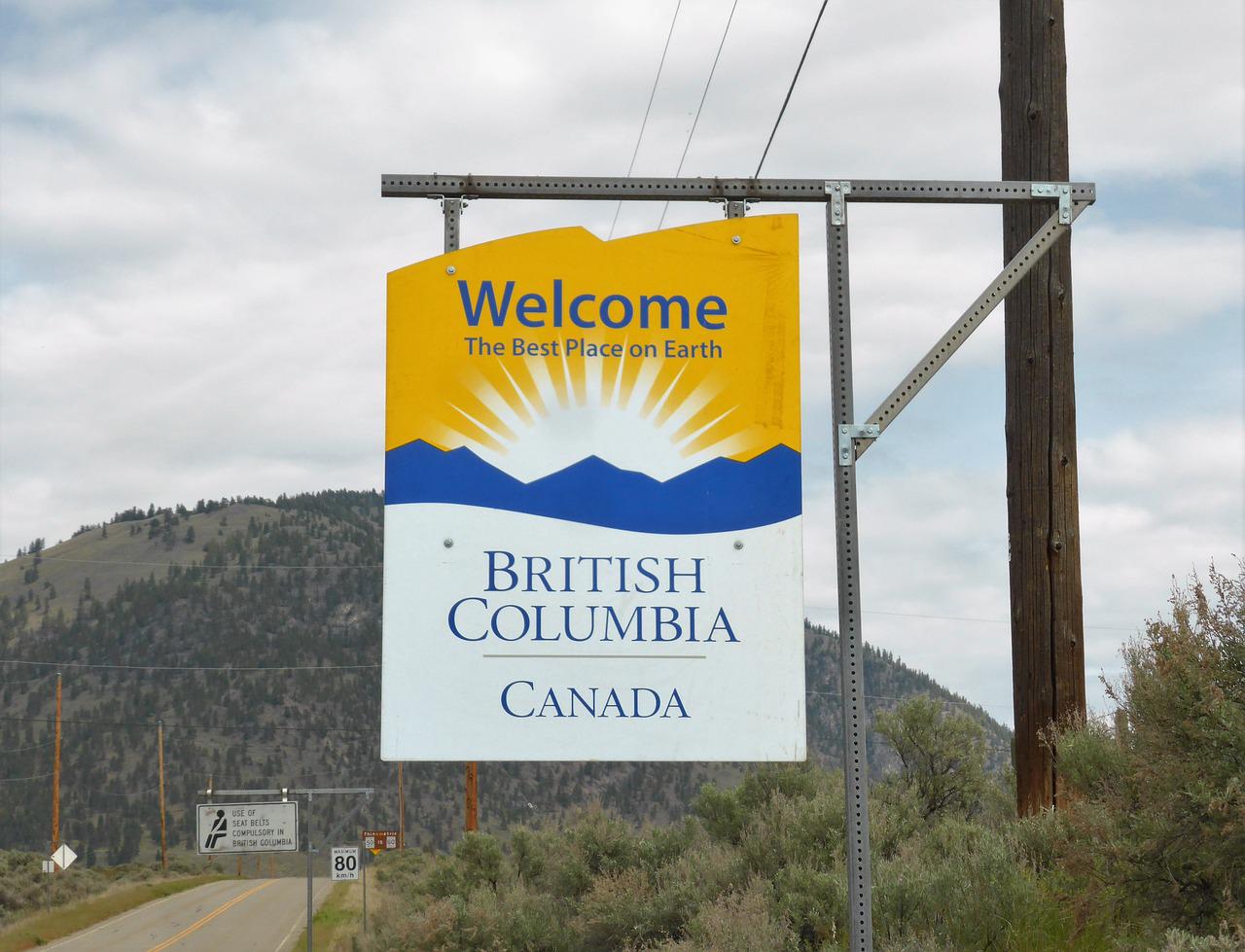British Columbia has become the first jurisdiction in Canada to receive the federal green light to decriminalize drug possession. On May 31, the province announced that Health Canada has granted it an exemption allowing it to decriminalize the possession of up to 2.5 grams of drugs including opioids, methamphetamine, cocaine and MDMA. The exemption will come into effect on January 31, 2023, and will initially run until January 31, 2026.
Health Canada, together with the governments of BC and Vancouver—the province’s largest city—expressed enthusiasm about the move and its potential to stem overdose deaths. A group of people who use drugs in Vancouver also welcomed the development—although they raised some concerns about the threshold of permitted amounts and police involvement. Potential implications for exemption requests by other Canadian jurisdictions are currently unclear.
“Eliminating criminal penalties for those carrying small amounts of illicit drugs for personal use will reduce stigma and harm.”
“The shocking number of lives lost to the overdose crisis requires bold actions and significant policy change. I have thoroughly reviewed and carefully considered both the public health and public safety impacts of this request,” Carolyn Bennett, federal minister of mental health and addictions and associate minister of health, said in a press release. “Eliminating criminal penalties for those carrying small amounts of illicit drugs for personal use will reduce stigma and harm and provide another tool for British Columbia to end the overdose crisis.”
BC has consistently reported the highest fatal overdose rates of any Canadian province, suffering 2,224 suspected overdose deaths in 2021, as the CBC reported. While decriminalization does not directly address the adulterated supply of unregulated drugs, proponents have long argued that removing the fear of arrest facilitates access to harm reduction resources, in addition to reducing criminalization.
Under this framework, the drugs remain illegal, but people aged 18 and over who have up to 2.5 grams of the indicated drugs in their possession will not be arrested or charged, nor will they have their drugs seized by police. “Instead, police will offer information on available health and social supports and will help with referrals when requested,” according to the Health Canada press release. Some models that offer treatment instead of arrest are far more coercive, so it’s significant that such referrals will—at least in theory—be optional.
In a statement, Health Canada said that it will work with BC to analyze data and assess the decision’s impact throughout the three-year period. It also stated that “real-time adjustments will be made based upon receipt and analysis of any concerning data. We look forward to undertaking this ground-breaking work with them in partnership.”
“It’s an initial step forward. We’re looking forward to working very closely with the province on this.”
Mary Clare Zak, managing director of social policy at the City of Vancouver, said the city was “really pleased” to see that the decision has been made. “It’s an initial step forward. We’re looking forward to working very closely with the province on this, as well as our community partners,” she told Filter.
Vancouver currently has its own exemption application in the works (as does Toronto), but Zak believes that the decision about BC means Health Canada won’t grant it. “I’m assuming that because of this, Vancouver won’t get [an exemption],” she said, adding that she wouldn’t be disappointed if this were the case.
Health Canada responded to emails from Filter enquiring about Vancouver’s application—which would set different threshold amounts and, unlike BC’s model, would vary the amount by drug (3 g cocaine, 2 g opioids, etc.)—but supplied no further information about its prospects.
Zak added that the city shared a good deal of its information with the province, and has been working with the province since it started its application. And she believes that Vancouver submitting its exemption request may have spurred the province towards making its own. “We feel that we’ve made an important contribution towards it,” she said.
She also hopes that other provinces will follow suit, but noted that additional steps, such as the expansion of safe supply programs, will be needed to address the overdose crisis.
Garth Mullins is a member of the Vancouver Area Network of Drug Users (VANDU), and has been involved in the group’s advocacy efforts as BC sought the Health Canada exemption. He said he was happy to hear the news. “It feels good,” he told Filter.
“It decriminalizes some people, not everybody, and especially not people with the biggest habits who are the most criminalized.”
However, he said that the threshold amount the exemption sets is outdated. He said that 2.5 g may have been the right amount in the 1990s, before fentanyl and its analogs began appearing, but that the high from heroin lasts longer than fentanyl. “The dope that we got now, it’s got no legs. You just roar through it.”
As such, people who use opioids end up carrying more with them to account for fentanyl’s short action, so in practice 2.5 g might not be a large enough amount for many people’s personal use. BC had originally asked for the threshold to be set at 4.5 g, but Health Canada lowered it. “[The threshold] decriminalizes some people, not everybody, and especially not people with the biggest habits who are the most criminalized,” Mullins said.
Given that VANDU provided data to the province about how much its members used, he continued, “it’s kind of disappointing that neither British Columbia nor Canada listened to us.” VANDU will continue to advocate for changes going forward.
Mullins also expressed concern over police officers offering health referrals. He said that if an officer told him to access support or referred him to a service, he would be less likely to actually go there, due to the police’s record of arresting and taking drugs away from people.
“The role of police should be to … stand down,” he said.
Photograph via Pixabay





Show Comments